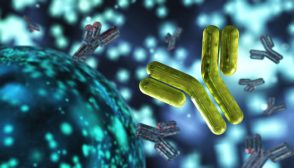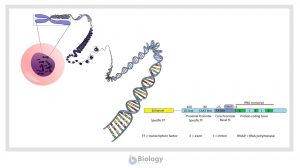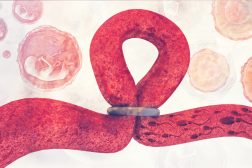Definition
noun
It is a theory that entails about the conditions of ecosystem wherein a significant loss of a certain species affects the functions and diversity of an ecological community.
Supplement
If certain biological areas lose several important species it can lead to a total collapse of ecosystem functions, thus this hypothesis presupposed that communities consist of relatively specialized species with limited ability to compensate each other thereby the vanished of a certain species are important to the performance of the ecosystem.
The rate of species loss affects the entire function of ecological unit. For example, using pesticide to remove non-specific density independent mortality of species would haphazardly remove many species that are more likely to have unfavorable effects in agro-ecosystem than to targeted control tactics that only removed few species.
Another example is when a destruction of the rich complex species in an ecological basin would lead to rapid change in global climatic patterns wherein agriculture remains greatly dependent on stable climate and human being stay behind on food, as a result, extinction of million species occurs and entrained famine wherein millions of human beings would perished.
Rivet hypothesis asserts that each species losses to an ecological unit can decrease ecosystem functions although the decrease is rather slow as more species are eliminated. In this depiction any loss of diversity is clearly noticeable.







